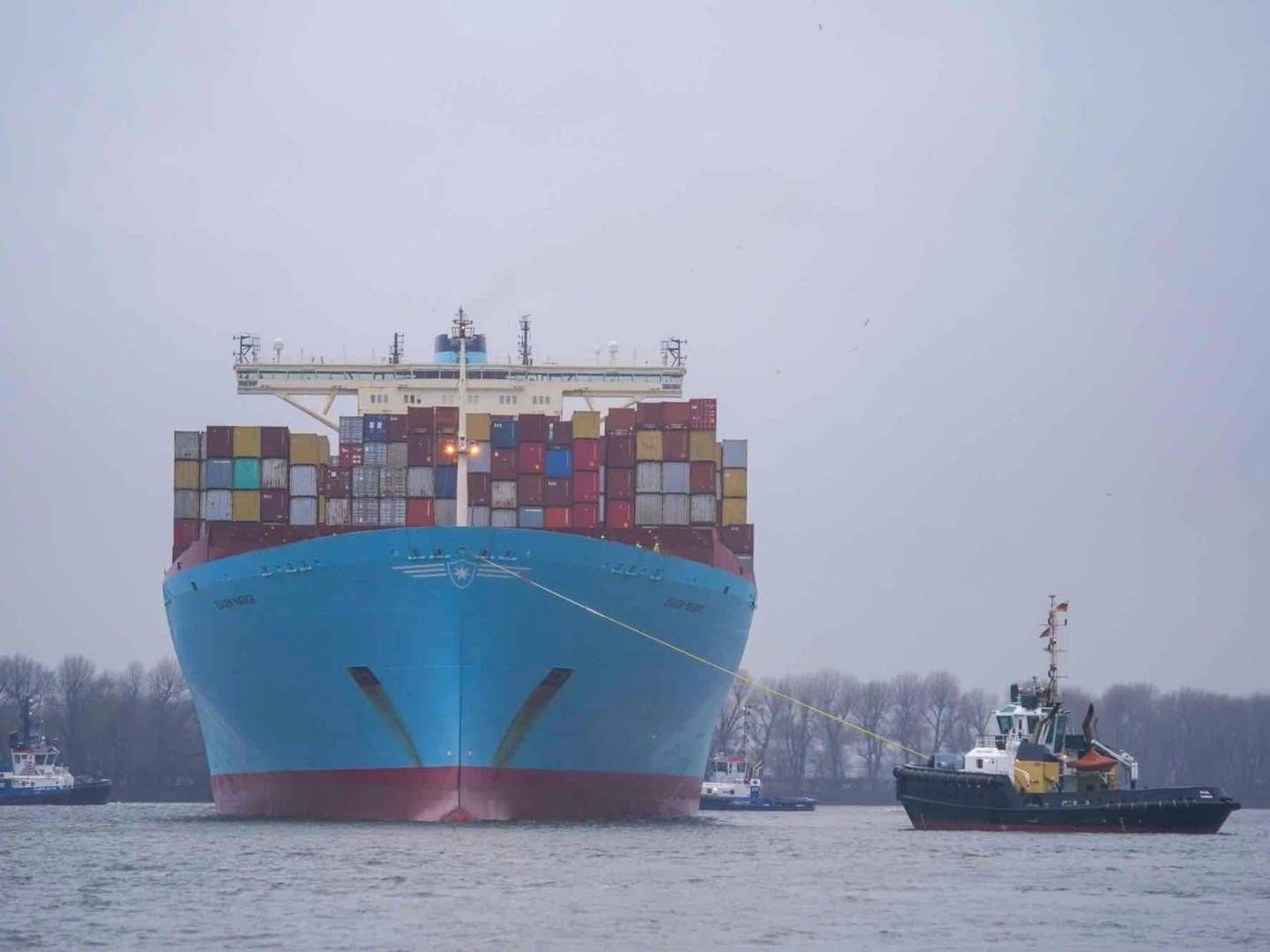Opinion: "Over time carriers and NVOs need us more than we need them"

Let’s start with a huge disclaimer: Unlike other columnists and analysts, I am not in any way an impartial observer. I’d like to believe that my opinions are considered and balanced — mostly, anyway.
But as a reader, you should not and cannot assume that this is the case. You should also not assume that my views are anything but my own. They do not necessarily reflect those of my employer.
I am a BCO: A beneficial cargo owner. And like all BCOs, by definition, I work in a company which is heavily dependent on the availability of cost-effective, containerized ocean freight. In our case, on a global scale.
Carriers and BCOs have what you might describe as “a love-hate relationship without the love.” We may in fact, quite without recognizing it, actually have invented the perpetuum mobile, the elusive perpetual motion device that will free mankind from dependence on fuel sources, setting us free to invent and create without that constraint.
But our perpetual motion device is not used for creation; it is deeply weaponized, used almost exclusively for destruction, the only variable being whom or what it is used to destroy.
Hence, while I very much appreciate and respect their perspectives, and in fact depend on some of them for my own education (and internal reporting), I have long since given up on the notion that container shipping can be reduced to a set of charts that somehow provide the answer to the meaning of the life, the universe and everything.
The failure of statistics and charts alone to achieve this goal is rooted in a phrase coined in 1952, by American sociologist William H. Whyte, Jr.: Groupthink.
Perhaps in no other (private) endeavor is the notion that an entire group of people can actually start thinking alike, out of an innate desire to preserve the harmony in the group - resulting in irrational and dysfunctional decision-making — demonstrated more manifestly.
Irrational? Dysfunctional? Sure! When rates go up, BCOs proclaim impending bankruptcy. When they go down, carriers warn that this is an existential threat to container shipping as an enterprise. With a few, well-known exceptions, both claims are nonsensical.
There are tonnes of money in container shipping. Not just last year, or the year before. Untold billions are made in the container shipping industry, every year. For some, profit on freight rates may even be an afterthought.
Insurance, terminal operations, container leasing, bunkering, ship supply, financing, futures, shipbuilding, repairs, dry docking, logistics services of all stripes, customs brokerage, IT services, trucking, rail transport, vocational training. The more you dig into the container shipping value chain, the more money streams you find, many of which might surprise you.
Even the act of laying up, breaking up, or salvaging a vessel creates multiple income streams for someone!
Yes, the cycles are becoming more frequent and more violent, but both sides will find a way to solve that. No matter what, I have concluded — and I did not always hold this view — that it simply is what it is. I no longer have any illusions that it will change.
It is cyclical, and it always will be, because at its core, global container shipping depends on the availability of cargo to ship, which in turn depends on the global economy creating demand. And in fact, this is not a two-way street: yes, globalization has changed the world, but companies thrived with much more regionalized or localized manufacturing and supplier bases before that. They can go back to that, and in some cases, they are. This is a fact now, no longer a theoretical debate.
And if you buy that premise, I will offer the provocative view that, over time, carriers and NVOs [non-vessel operators] need us more than we need them.
I did tell you that I am not impartial.
Related articles
Maersk's bottom line saved by fuel savings
For subscribers


















